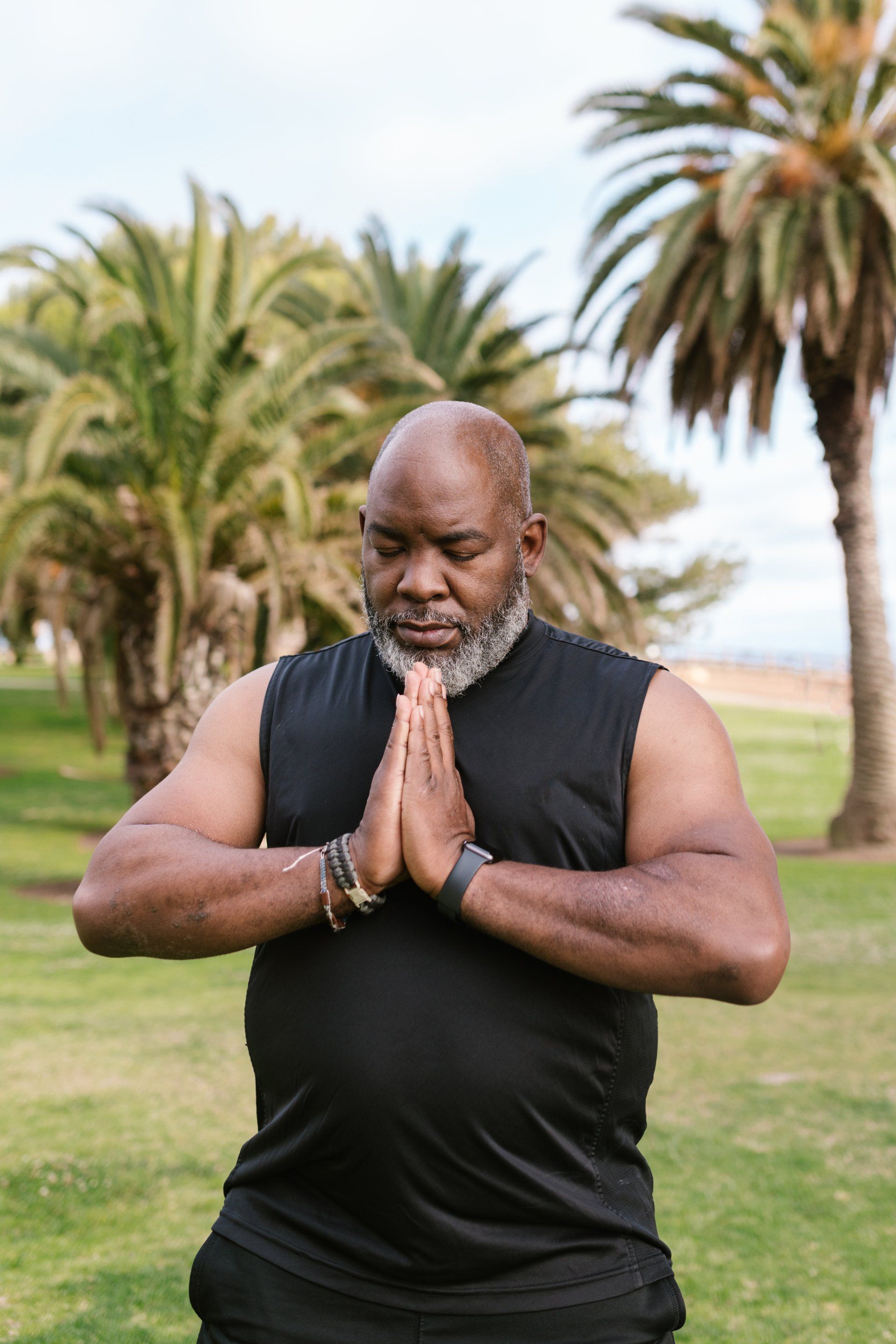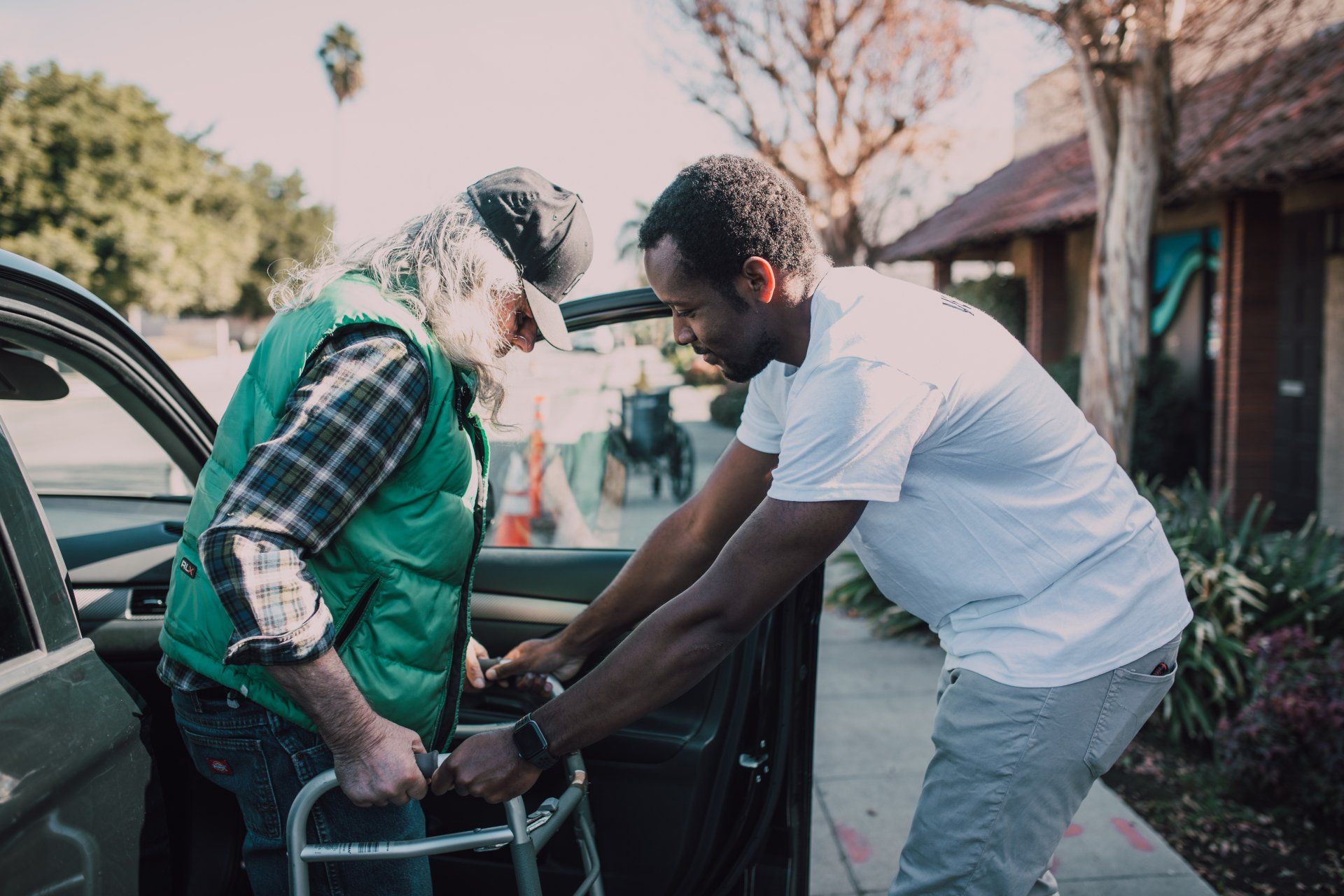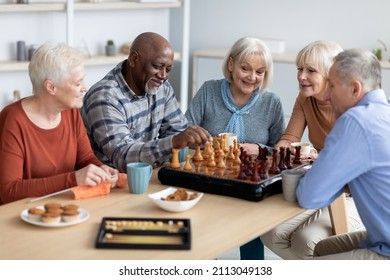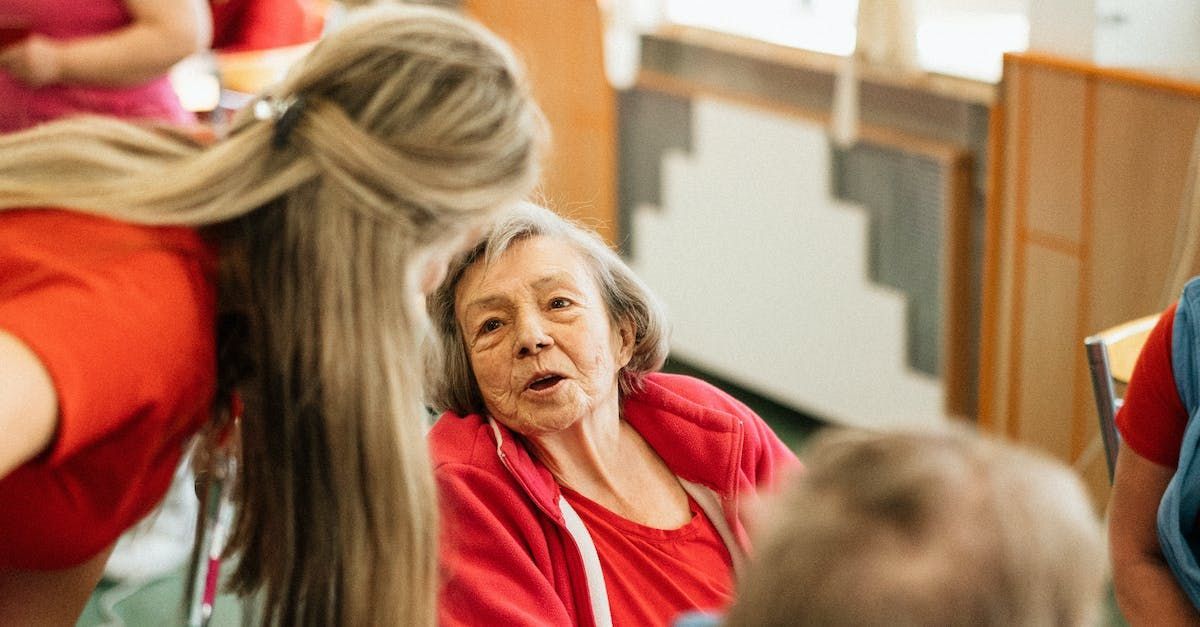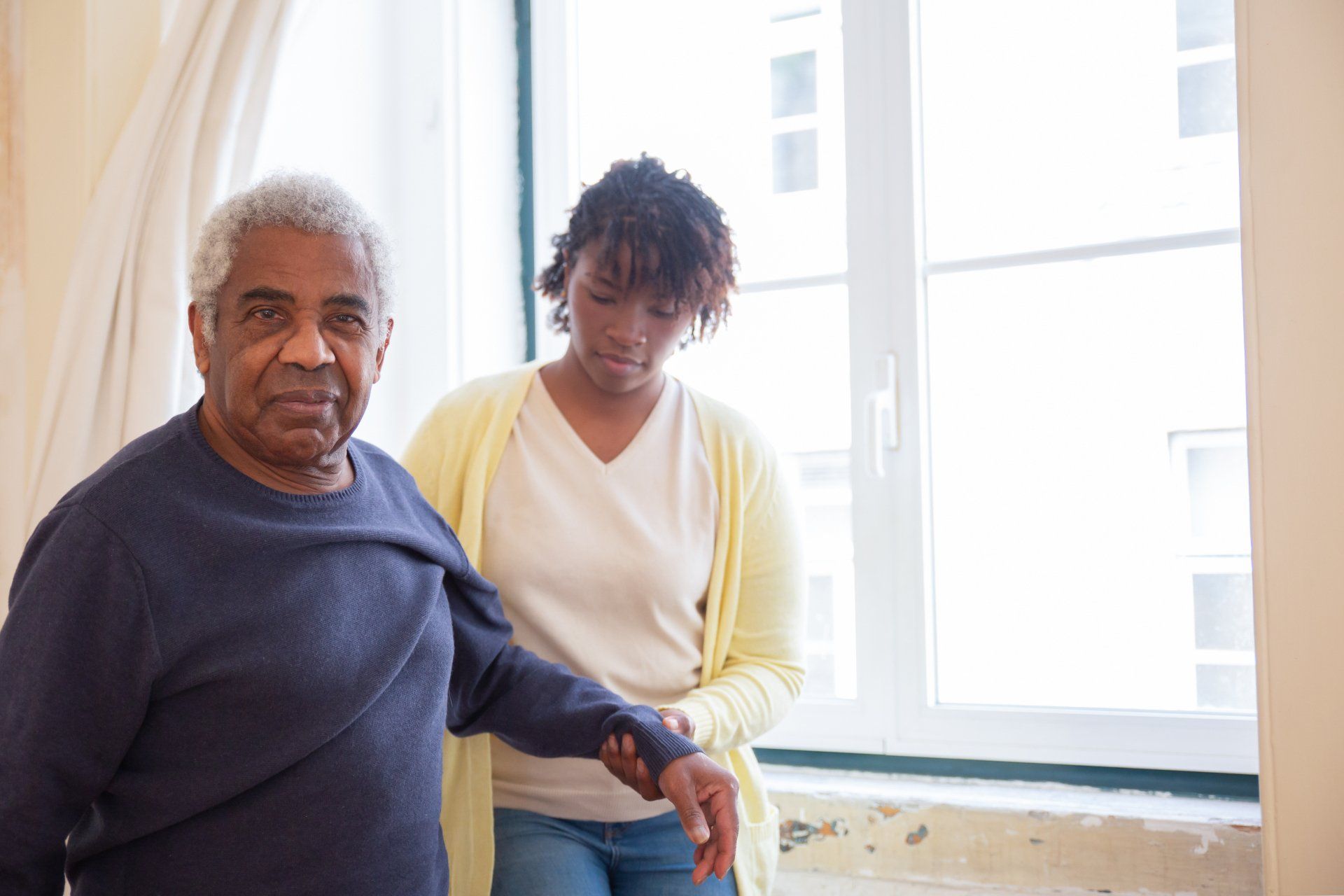The Vital Role of Maintaining Spiritual and Cultural Connections in Senior Living
Spiritual and Cultural Connections in Senior Living
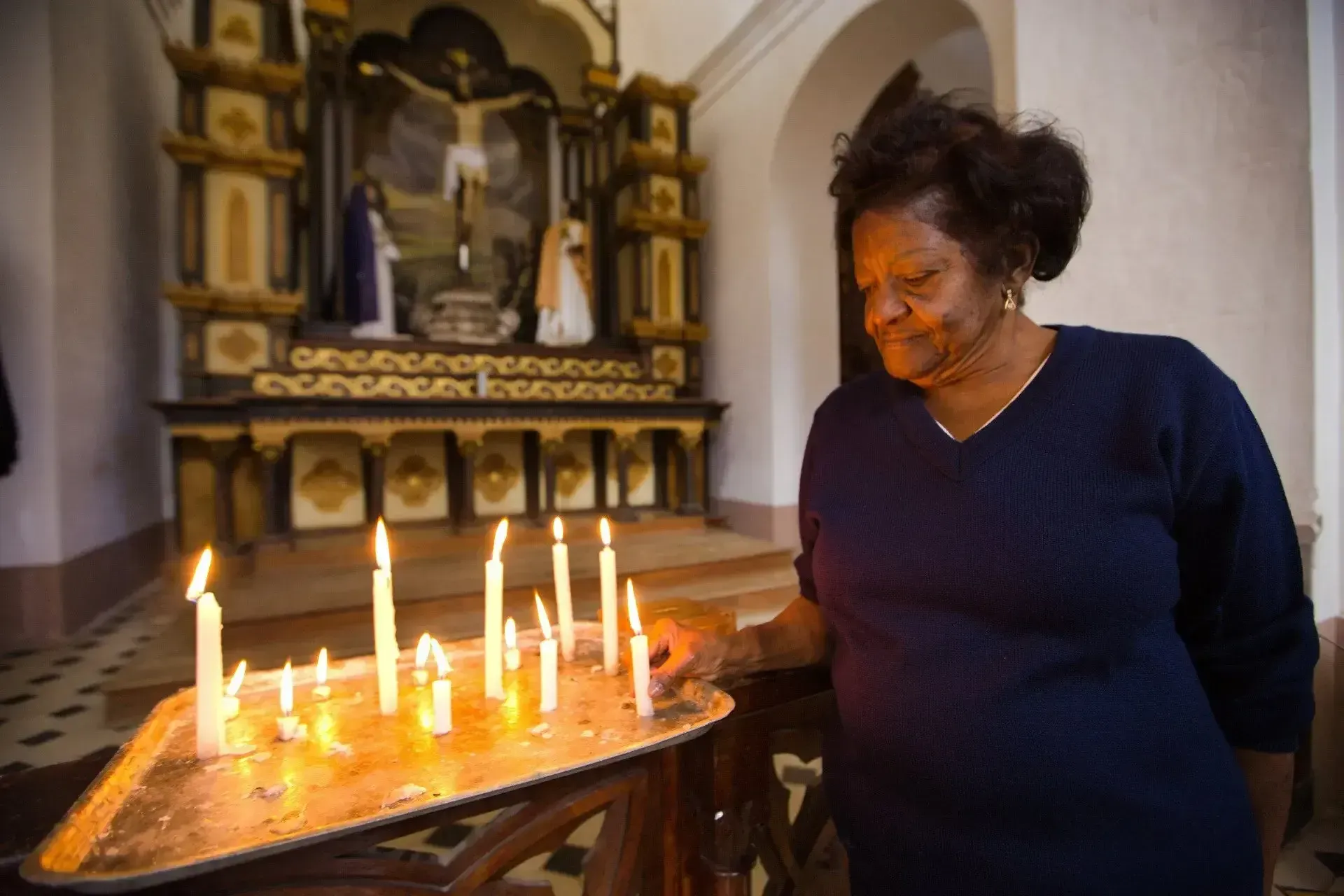
As we journey through the various stages of life, it's easy to overlook the significance of our spiritual and cultural connections, especially as we enter our golden years in senior living communities. However, it's crucial to understand that these connections hold a profound importance for seniors' overall well-being and quality of life. In this blog post, we'll delve into the reasons why maintaining spiritual and cultural connections remains essential for seniors, fostering a sense of identity, belonging, and mental well-being.
First and foremost, spiritual and cultural connections provide seniors with a strong sense of identity and belonging. Throughout their lives, individuals develop deep-rooted beliefs, values, and traditions that define who they are and where they come from. In senior living, maintaining these connections allows them to continue identifying with their cultural or religious background, reinforcing their sense of self. This sense of belonging can reduce feelings of isolation and loneliness, common challenges faced by many seniors, and provide a support system that understands their unique needs and experiences.
Secondly, spiritual and cultural connections offer a source of mental and emotional well-being. Engaging in religious or cultural practices can provide seniors with a sense of purpose and inner peace. Whether it's attending religious services, participating in cultural festivals, or simply reminiscing about past traditions, these activities can boost their emotional resilience and help them cope with the challenges of aging. Additionally, these connections often foster a sense of community within senior living environments, promoting social interaction and meaningful relationships, which are essential for maintaining mental health and overall happiness.
In conclusion, maintaining spiritual and cultural connections in senior living should never be underestimated. These connections play a pivotal role in preserving seniors' sense of identity and belonging, reducing isolation, and enhancing their mental and emotional well-being. As we care for our elderly loved ones and consider our own future, let's recognize the importance of these connections and ensure that senior living communities support and encourage them, ultimately contributing to a higher quality of life for our cherished seniors.

